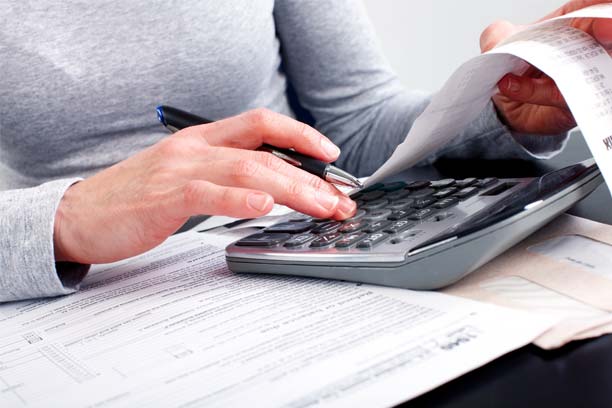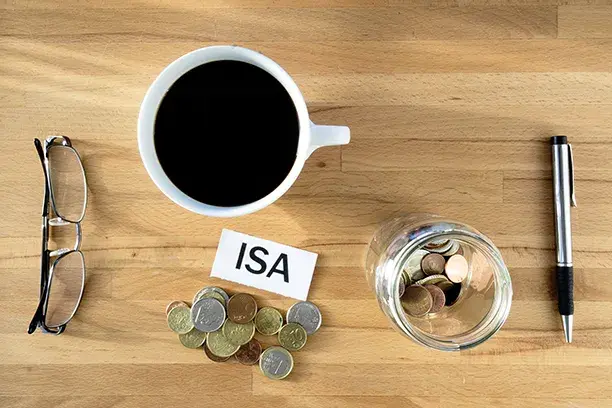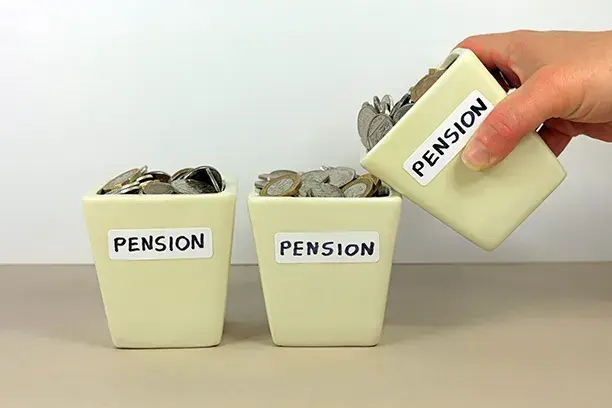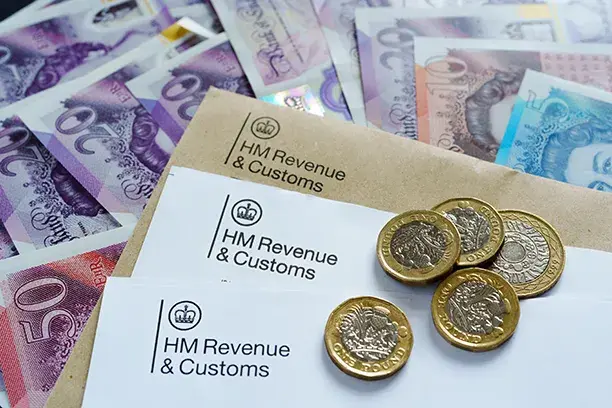
4 Tax Tips to Maximise your Financial Planning Before the Tax Year-End
It's almost tax year-end, and that means we’re running out of time to maximise the available allowances. If you want to optimise your financial planning before the end of the year, there are a few tips you should know. This blog provides four practical tax tips to help you get the most out of your financial planning before the 5th of April.
Tax planning is an important part of financial planning. It helps you to ensure that you pay the least amount of tax possible while still complying with the law and ensuring that your investments can grow in the most beneficial way. A bit like the end of the calendar year the end of the year is a great opportunity to review your financial plans and make sure everything is in the right place.
Tax Tip #1: Review Your CGT Position
Capital Gains Tax (CGT) is a tax on the profit from the sale of assets such as shares, property, and other investments. The rate of CGT you pay depends on your income level, for higher and additional rate taxpayers this rate is 20%.
Each adult had a capital gains tax annual exemption of £12,300. This is set to reduce to £6,000 from April 2023 and further to £3,000 from April 2024.
Reviewing your CGT position at year‑end is an important part of tax planning. If you have sold any assets during the year, you will need to calculate your CGT liability. You may also need to consider whether to make any further disposals before the end of the year in order to reduce the CGT you pay and use the allowance whilst you can!
You should also review any losses you have made on investments during the year. You can offset any losses against any gains you have made in the same tax year, which will reduce your CGT liability. If you are planning to make any further disposals before the end of the year, you should consider whether it would be more beneficial to delay them until the start of the next tax year.
Tax Tip #2: Maximise Your Retirement Contributions
If you are saving for retirement, you should take advantage of the tax relief available on pension contributions. The amount you can contribute each year is limited for most people to £40,000, but you may be able to make additional contributions before the end of the year if you can ‘carry forward’ unused allowances from the previous three years (for further information please contact us).
As an example if you’re a higher rate tax payer and wanted to invest £10,000 into a pension you would automatically receive 20% tax relief meaning the amount invested in your pension would be £12,500, as a 40% tax payer you can claim back up to an extra £1,946. Your pension contribution could effectively cost you as little as £8,054 and this will continue to grow tax free until you access it.
If you are planning to draw down your pension before the end of the year, you should ensure that you are aware of the tax implications of doing so. Pension withdrawals will be subject to income tax and you should ensure that you are aware of the amount of tax you will need to pay on your pension withdrawals.
Tax Tip #3: Maximise Your ISA Funding
Individual Savings Accounts (ISAs) are tax-efficient accounts that allow adults to invest up to £20,000 per annum each year without paying any tax on the interest or capital gains you make. If you haven't already maxed out your ISA allowance for the year, you should consider using the remaining allowance before the end of the year as it cannot be carried over. You can also put £9,000 per year into Junior ISAs for children or grandchildren.
Tax Tip #4: Take advantage of Tax Credits and Deductions
Tax credits and deductions are an important part of tax planning. Tax credits reduce the amount of tax you have to pay, while deductions reduce your taxable income. There are a number of tax credits and deductions available, so it is important to review your situation and take advantage of any that are available to you before the end of the year.
You should also review your deductions for the year. If you have made any deductible contributions to charitable organizations or other tax-deductible expenses, you should make sure to include them on your tax return. You should also consider whether you are eligible for any additional deductions before the end of the year, such as for medical expenses or student loan interest payments.
Conclusion
Tax planning is an important part of financial planning, and there are a number of tax tips you should consider before the end of the year in order to maximize your financial planning. Reviewing your CGT position, maximizing your ISA funding, maximizing your retirement contributions, and taking advantage of any tax credits and deductions are all important steps in tax planning. If you need more help with your financial planning or advice on tax planning, visit Argentis.co.uk contact your financial planner.
Investments in ISAs and Pensions are designed to be held for the medium to long term. The value of your investments can go down as well as up, so you could get back less than you invested.
This article is intended for information purposes only and should not be taken as advice.
The tax treatment is dependent on individual circumstances and may be subject to change in future.
A pension is a long term investment. The fund value may fluctuate and can go down. Your eventual income may depend upon the size of the fund at retirement, future interest rates and tax legislation.
The Financial Conduct Authority does not regulate Tax Planning.










